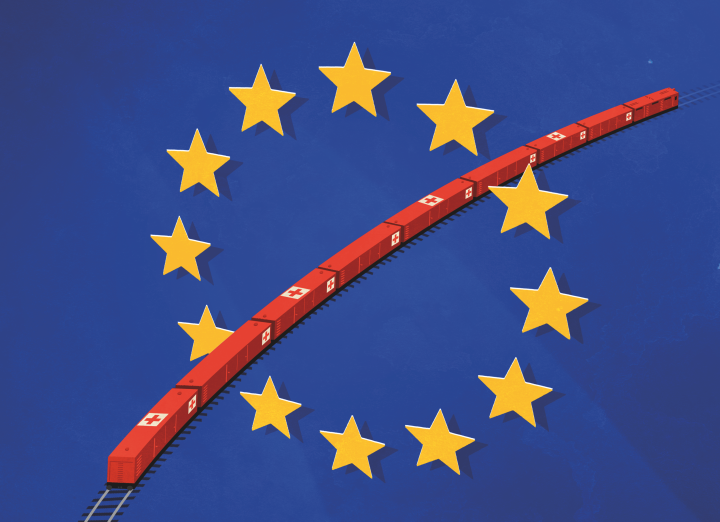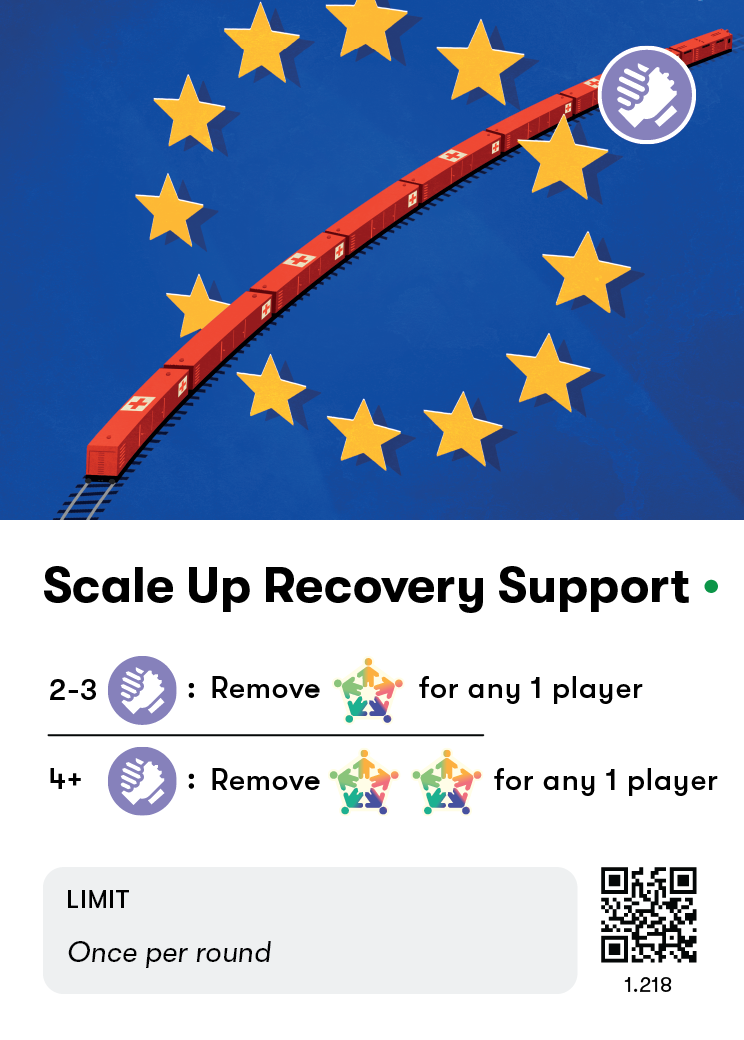Scale Up Recovery Support
Local Project
Scale up recovery support is when efforts or funds to tackle or recover from an emergency situation are expanded rapidly. This could include the deployment of coordinators and information management support, recovery coordination teams, international aid contributions and the development of an inter-agency response plan. This has been used in Europe to respond to crises like the COVID-19 pandemic.
Having adequate recovery support is important because it enables communities and economies to quickly recover from the kind of large-scale emergency situations that will become more frequent and intense under the climate emergency. If this kind of support is well-coordinated, planned and carefully managed by governments and relief agencies operating in Europe, then people will be better supported after disasters, and recovery efforts carried out more quickly and effectively. This will then help with building long-term resilience, as communities learn how to adapt to crises and identify which infrastructure is needed to protect them.
Having recovery support or recovery plans does not guarantee people are safe from the impacts of the crisis, however. Even though many European countries have public health plans, for example, the COVID-19 pandemic was extremely destructive and killed many people. Recovery support can be effective in helping communities rebuild, but it is also no substitute for tackling the climate emergency and underlying inequities and problems within societies in the first place.
Having adequate recovery support mechanisms comes from having robust plans and systems in place to respond to emergencies if they arise, so they can be deployed and scaled-up quickly. These mechanisms should be democratically and inclusively run, and involve people affected by the disaster so the plans are effective and accepted by the population.
Recovery support may be hindered by lack of public support for recovery efforts that don’t affect everybody, or only affect certain groups of people - who are likely to be those people who are already vulnerable to disasters. Misinformation may also make some of the public suspicious of recovery plans, so transparency and good political communication is key. In Europe, countries tend to be wealthier and have relatively well-established infrastructure to manage disasters. However, some countries struggle from a lack of community-led infrastructure and networks that are crucial to driving locally-managed efforts and mutual aid initiatives that can be effective ways to scale up recovery support.
When you take this action,
If there are 2–3 Society tags in this card's stack, you may remove 1 Community in Crisis from any player's player board.
If there are 4 or more Society tags in this card's stack, you may remove 2 Communities in Crisis from any one (and one only) player's board.
You may take this action once per round.

IASC Scale Up Activation (UN Refugee Agency, UNHCR)
Global Surge Team (British Red Cross)
Scaling Up Improvement (The Health Foundation)
Look into whether your government has recovery coordination and disaster relief plans in place, and advocate for them to adopt them if not, or if they are not fit for purpose.
Support efforts by your government to contribute to global recovery efforts and to develop inclusive recovery coordination strategies.
Join mutual aid groups and community networks, if you can, to support your community to rebuild and heal directly.



